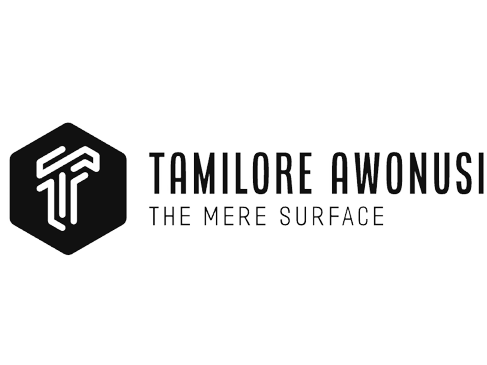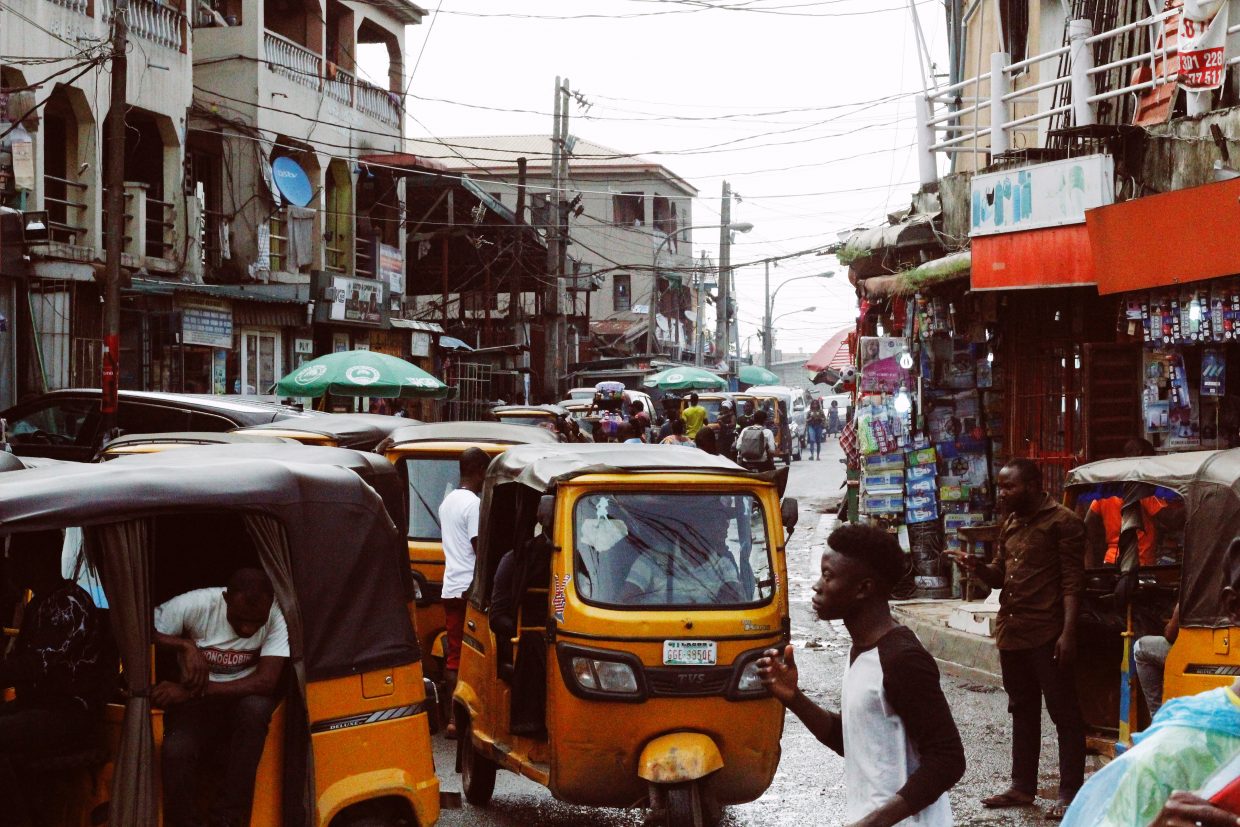When you think of Africa what do you see? Do you see a continent with lots of wealth in terms of natural resources and culture or do you see third world countries deprived of their basic needs and wants? For me I see both, I see nations with so much passion and fire to dig themselves out of the hole that is poverty but is left in the hands of avaricious leaders. Why are these
countries at such a disadvantage? Was it due to colonialism, slavery or both? This article will explore these rationales and give a true verdict.
The enslavement of West Africans first began in the mid 15th century and lasted 3 centuries, with the initial slaves being fed to Europe and then ventured to the middle east. The price of a slave was estimated to be £3 and at its peak, the market was estimated at £47 million. Its believed that 12.5 million Africans were transported across the Atlantic with only 10.7 million surviving the voyage. It’s estimated that the population of West Africa before slavery was 25-30 million. That’s between 41-50% of the population being taken away. The main use of West African slaves was agricultural labor, a demanding job that required strenuous work. Slave owners looked for the strongest and fittest slaves to work their land, the type of slaves that if they remained in Africa would’ve farmed their own land. This affected the progression of the agriculture industry which stagnated the economy. According to Ghanian Lawyer Mohamed Shaibu, Abdulai Africa’s loss of the strongest men and women during the slave trade is one reason for this underdevelopment Africa is a continent rich in natural resources and minerals, those of which heavily contribute to the economy. When initially colonized Europeans were aware Africa had mineral and agricultural wealth and were keen to exploit it. Hence the natives were not given the initial chance to grow in that aspect.
With between 41-50% of West Africans being involved in the slave trade, this would clearly have an impact on the population, it was stagnant and declined between 1500-1900. Some estimate that without slavery the population of Africa would have been double the 25m it had reached by 1850. This cut in the population then leads to colonization. As noted earlier the population before the slave trade was between 25-30 million and was then cut by 41%. Slaves sent across the water were the fittest of the fit and the most desirable for strenuous labor. The devastation left by the slave trade, and the absence of able-bodied people, made it easy for European powers to move in and colonize. Africa’s ability to defend itself was left compromised.
The loss of the population was a significant component leading to its economic underdevelopment. A fall in the population can lead to a serious labor shortage, less government spending and disproportionate aging, all of which equate to economic inequality. Due to this loss of population, it has led to uneven distribution. Studies show that 90% of Africa’s population is concentrated on 21% of the land. There has also been a rapid growth in population due to this and has caused a significant strain on infrastructure.
Infrastructure is a key fundamental towards economic progressiveness and we can see this in other nations, where a spike in infrastructure results in a spike economic activity. According to the Economic Policy Institute, a study reported that “ a debt-financed $18 billion annual investment in infrastructure yields a $29 billion increase in GDP and 216,000 net new jobs by the end of the first year, with the increased levels then sustained over the next decade.”
This is the effect of an increase in the US, imagine the impact on third world countries in Africa. 15% of the world’s population resides in Africa but only 1% of global manufacturing takes place there and this is due to the poor infrastructure where there is a lack of transport, roads, communications and the list goes on. Recent studies show that more than two-thirds of Africa’s population don’t have access to electricity or experience power outages. I myself experienced this in Nigeria in my last visit in 2011 whenever the power went out the locals would shout “NEPA” the company that provided electricity. It had become a norm to them, making food in the dark, children trying to do their homework in pitch black, they were so adjusted to it. According to the African Development Bank they estimate that Africa’s power outages sap up to four percent of its GDP growth from its economy every year.
If we shift back to the Africas origins we see that it wasn’t always destined for this economic inequality. Due to the impacts of slavery, the continent wasn’t given the opportunity to progress as a generation. The slave trade actually prevented the coming into being of an agrarian revolution in Ghana. A period in which there was a technological improvement and increased productivity. This would’ve pushed the industrial revolution forward as you need to have a stable agricultural production in order for it to stand.
We often, actually always refer to the slavery of Africa as the slave trade. When in fact it wasn’t a trade, for a trade to work you exchange something for something else. What did the people of Africa get in return? Exploitation. Africa was exploited of its citizens which lead to the serious underdevelopment to its nations. Before the “trade” many nations in Africa had established social and political structures. All of which were distorted by Europeans as they colonized Africa. But how does this affect Economic Inequality today?
As the Europeans descended on Africa they were given the task of carving up Africa between Great Britain, France, Belgium, Spain, Portugal, and Germany. According to Richard Dowden, director of the Royal African Society in Britain, “ they drew lines on a map of places they had never been to, with no regards for existing kingdoms, geography or the people that lived there”. This lead to a disruption of cultures and political groups. If we use Nigeria as an example, one of the biggest nations in Africa with a population of 190 million and 520 dialects (3 main- Yoruba, Hausa, Igbo). It’s clear it wasn’t always a nation of one but maybe three different states put together as one by Europeans. These three potential states would’ve been the Hausa, Yoruba and Igbo tribe three tribes with different agendas. They are split in regions Hausa in the North, Yoruba in the Western and Igbo in the east. “These regions were administratively distinct.” This has lead to years of trials and tribulations for Nigerian citizens as their political structure has gone through the dirt. Nigeria has alternated between military rule and democracy. It is yet to find a system in which all of its citizens are represented adequately, this had led to a disparity between socioeconomic classes in Africa. According to a recent report proposed by Oxfam, Nigeria is dead last out of 152 countries ranked by their commitment to reducing inequality.
This gap in income inequality is what is causing economic inequality. The power still lies in the hands of the wealthy. Africa has become a continent riddled with corruption. Corruption was costing Africa $150 billion in 2002. For many countries in Africa their main export is oil/gas, this had lead to many nation leaders relying heavily on these exports. Angola as a nation makes half of its GDP from the oil industry. A recent IMF Audit on Angola in 2011 revealed that $32 billion disappeared from official accounts between 2007 and 2010, a quarter of the state’s income. This money isn’t going towards the schools, hospitals, roads but to the hands of the wealthy to keep them wealthy. “Corruption is Africas greatest problem. Not poverty. Not lack of riches. Not Racism”-Dennis Prager
As a child of Nigerian immigrants both my parents up and left Nigeria at a tender age of 20. While they didn’t know each other their paths crossed in London a hub of other African immigrants. According to the Global Migrant Origin database 340 million Africans are living outside of Africa. While this might only be 1.3% of the population, its a crucible percentage of educated individuals leaving the continent to seek a better life for themselves and maybe their families. When I rang my mum to get her reason for leaving she responded with “I couldn’t envision myself starting and raising a family in those conditions, there just wasn’t anything there for me”. This is the daunting truth for many African migrants, the opportunities aren’t lucrative enough to reside in Africa due to the wear and tear of nations. To many, it seems there’s nothing more to offer other than corruption and poverty.
Africa truly is a beautiful continent filled with precious people who have not been given the opportunities we in the western world have received. But this isn’t all bad, we see that they are people who live a simple life and do not hold onto materialistic things as we westerners do, rather they live their life day to day. The slave trade set Africa at a disadvantage and that’s something that will never change, no matter how much it is condemned by politicians and historians it will never and should ever be forgotten. Something that is common to me as a black millennial is the famous saying “it’s not like we started the trade”. Which is true, millennials didn’t start the trade but do not under any circumstances be ignorant to the fact that this poverty-stricken, corruption infested and lack of riches so-called continent is a result of the slave trade. We must educate Millennials on this dark time in history and what it has caused, growing up I can safely say I and many other children did not understand why it was only black children on our TVs with flies swarming their face, bloated stomachs, IV drips hanging from their harms, tear-filled eyes and motherless children. In the end, the reason we see this Africa today is because of the slave trade, a continent that is underpopulated, underdeveloped, lack of infrastructure, corruption and many many migrants. Although it was many many years ago and did not affect me directly it has truly broken and made me see that life is not fair but we must make the best out of what we have and try progress. “ The drums of Africa still beat in my heart. They will not rest while till every Negro boy and girl is given a chance to prove their worth”- Mary Mcleod Bethune

